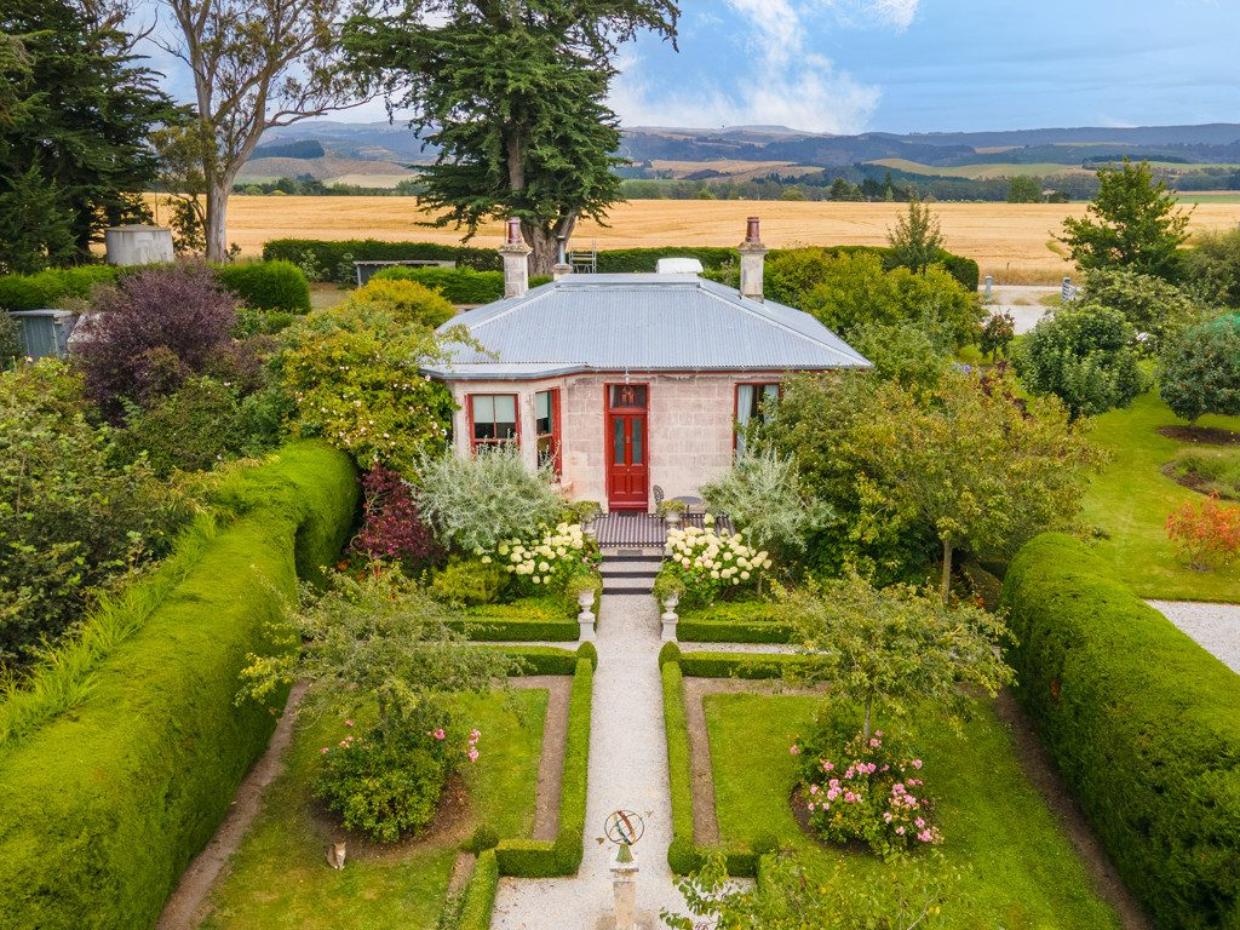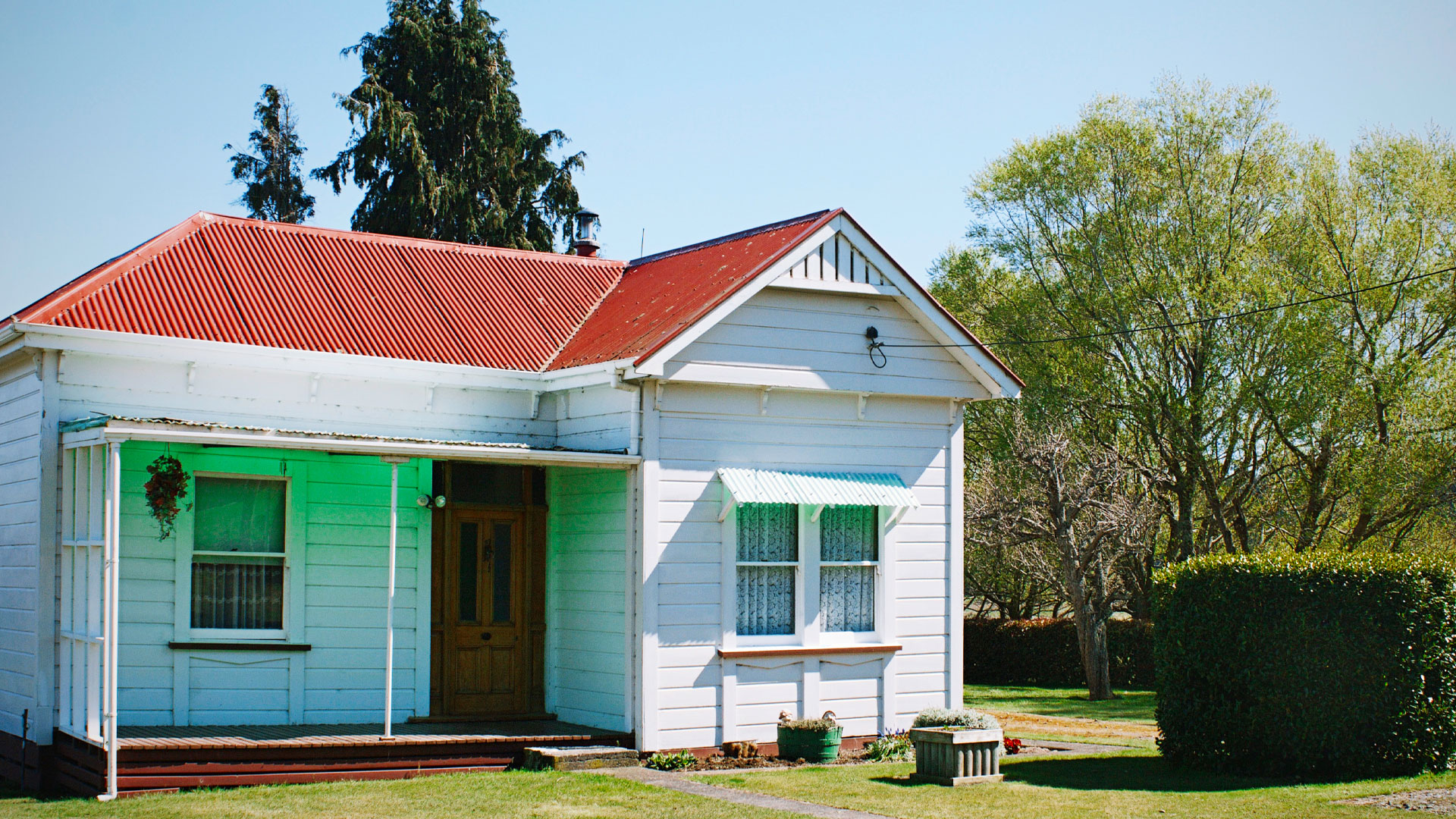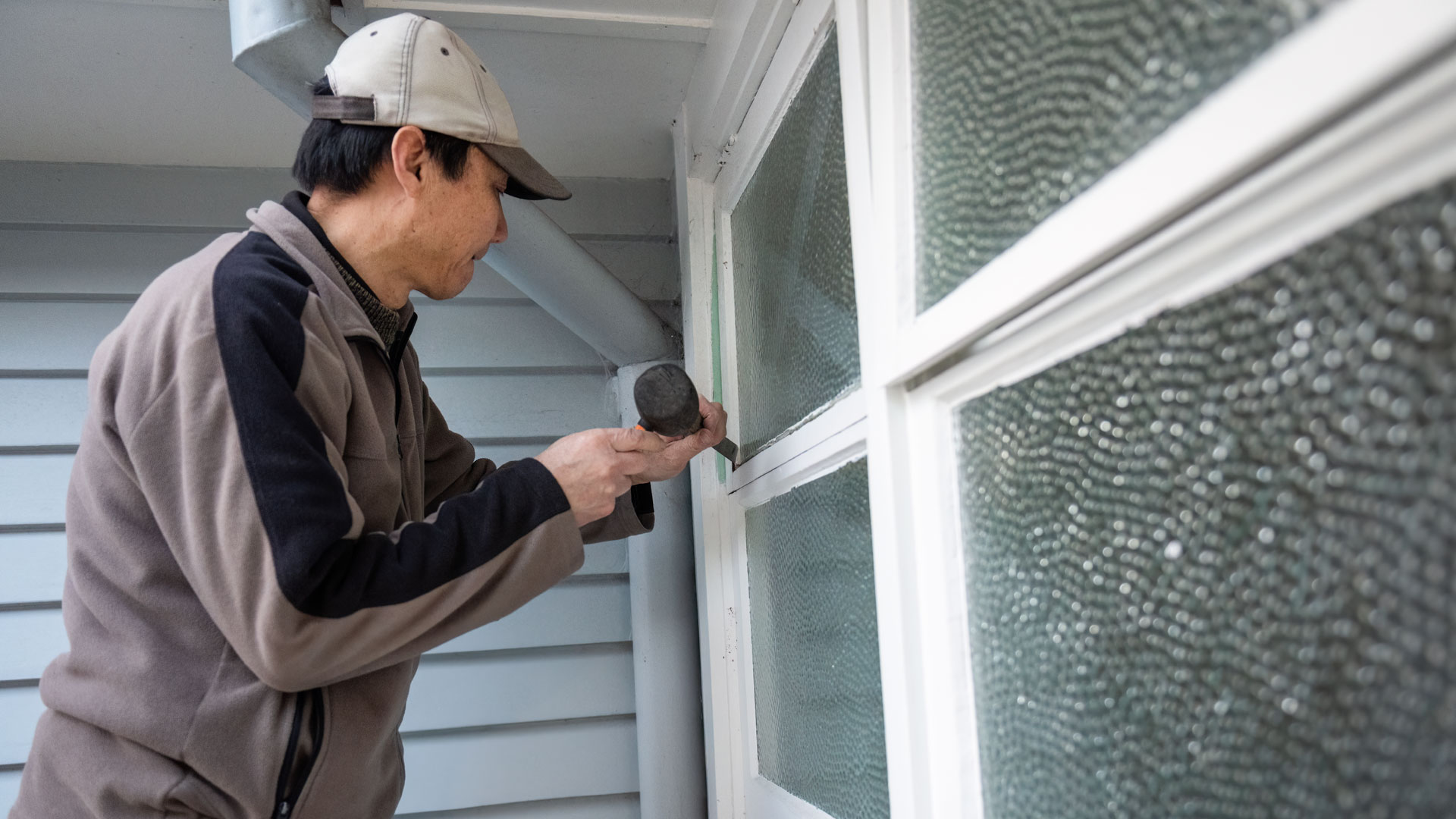Selling guide
Tips for selling an older home in NZ
There’s plenty of reason to be confident when selling an older home.
.png)
Selling an older property in NZ: what to consider
1. Get your paperwork in order
Getting your paperwork in order will make selling an older home easier.
2. Be up front about its shortcomings
3. To renovate or not to renovate?
Planning renovations? Budget carefully with the current high cost of materials.
4. Set your price accordingly
5. Don’t forget to stage
Author
Discover More

Derelict for 40 years: 1860s cottage beautifully restored by ‘hopeless romantics’
John and Janet Adams have renovated this historical cottage into a cosy haven that honours its rich past

‘People knock on the door because it’s such an amazing spot’: Coffee industry hotshot selling waterfront home
Peek inside Wellington architecturally designed waterfront home
Search
Other articles you might like







